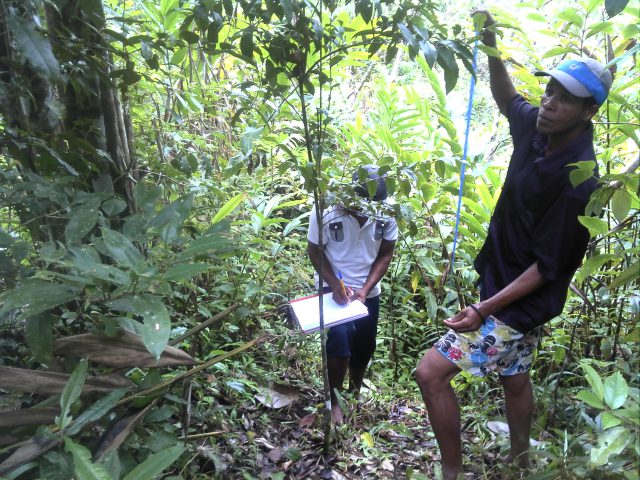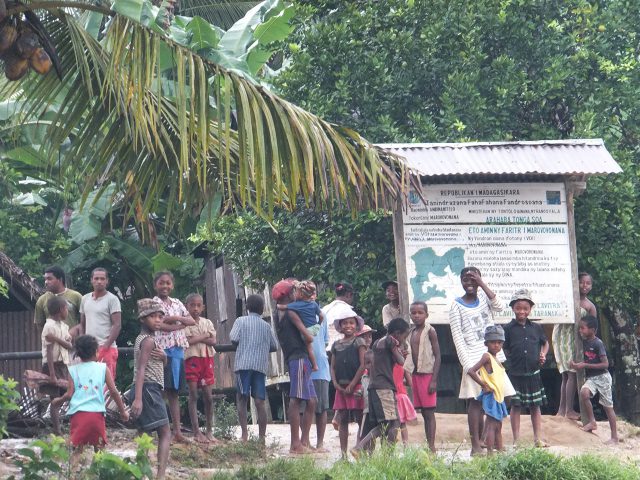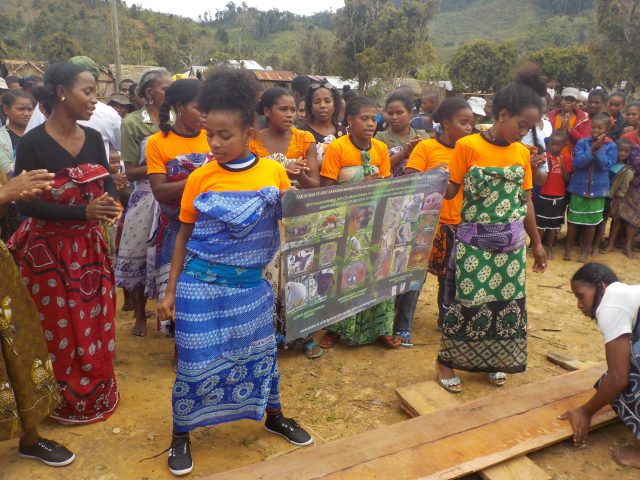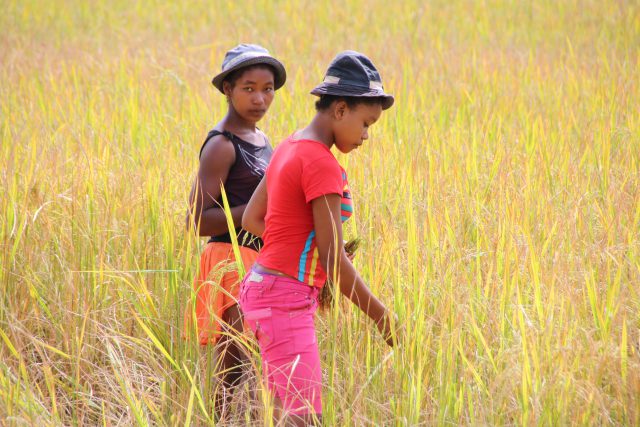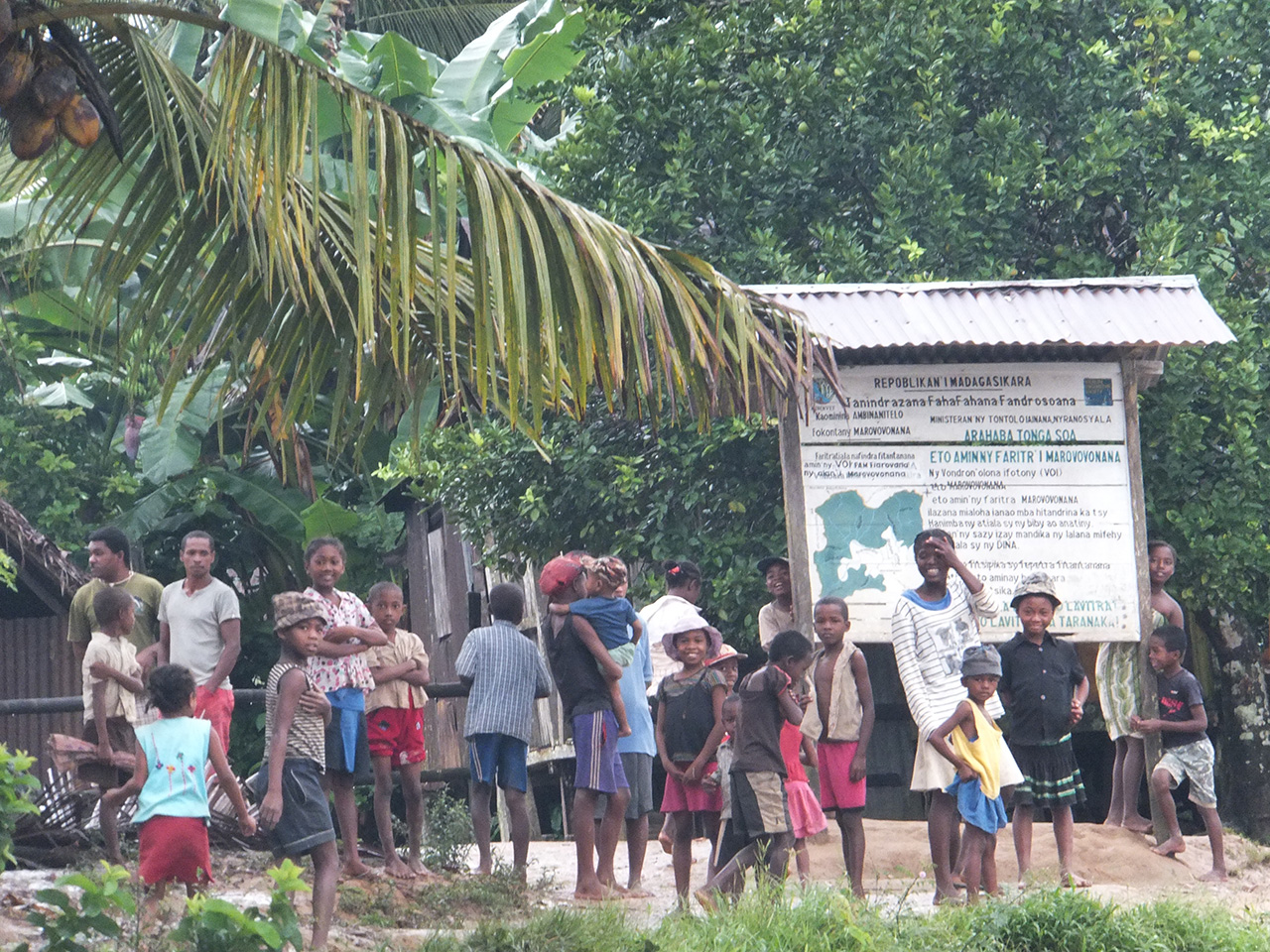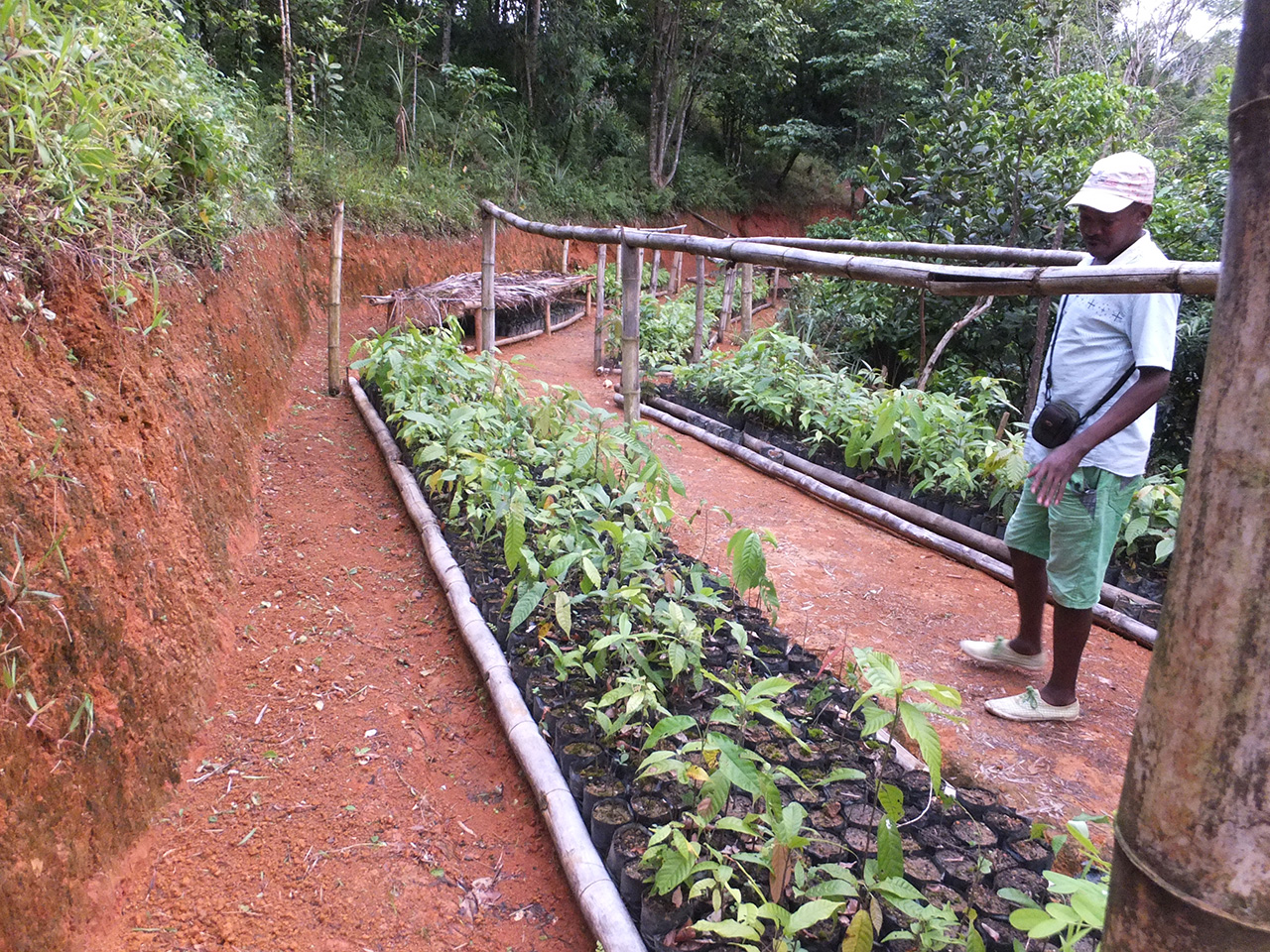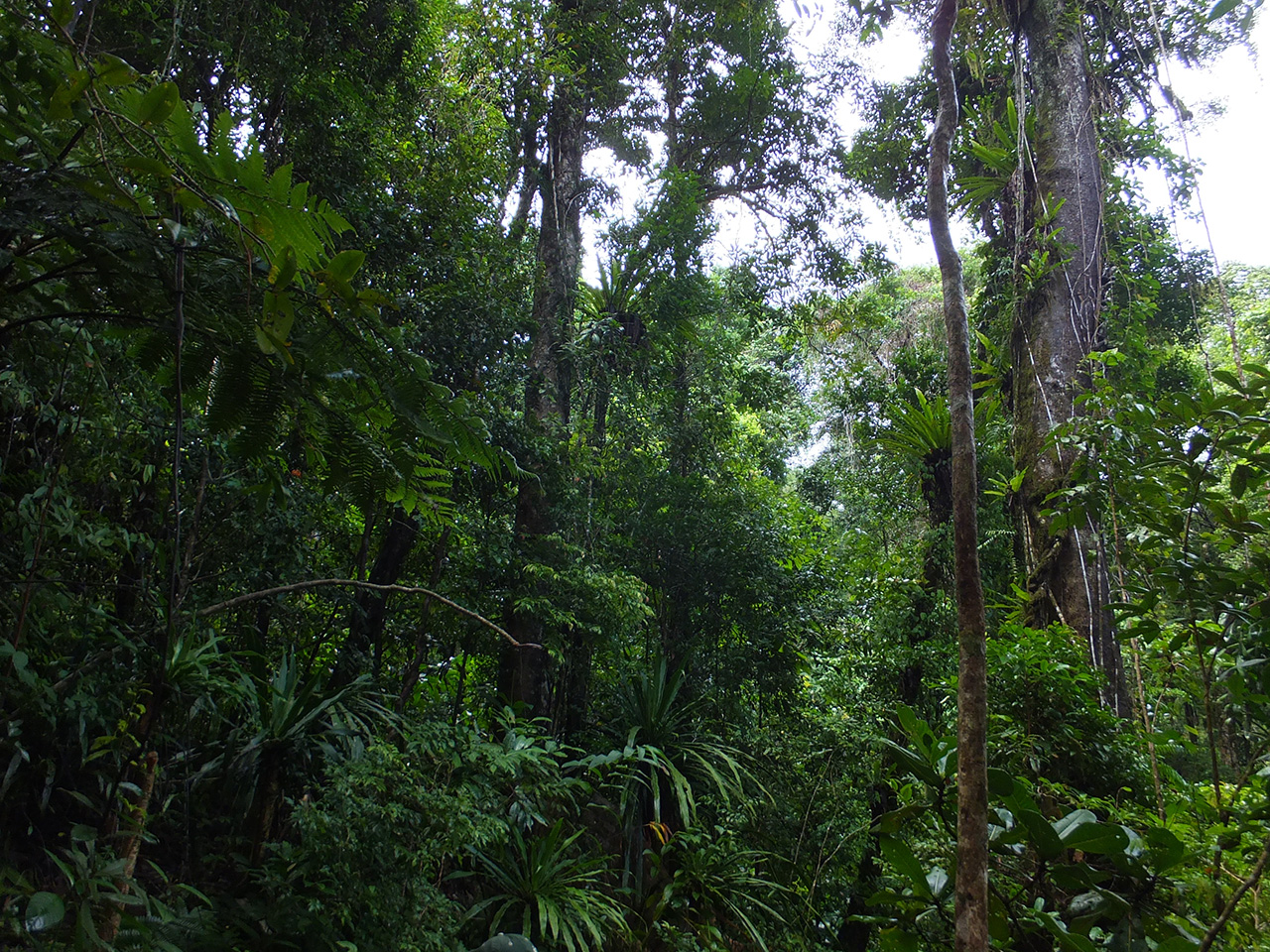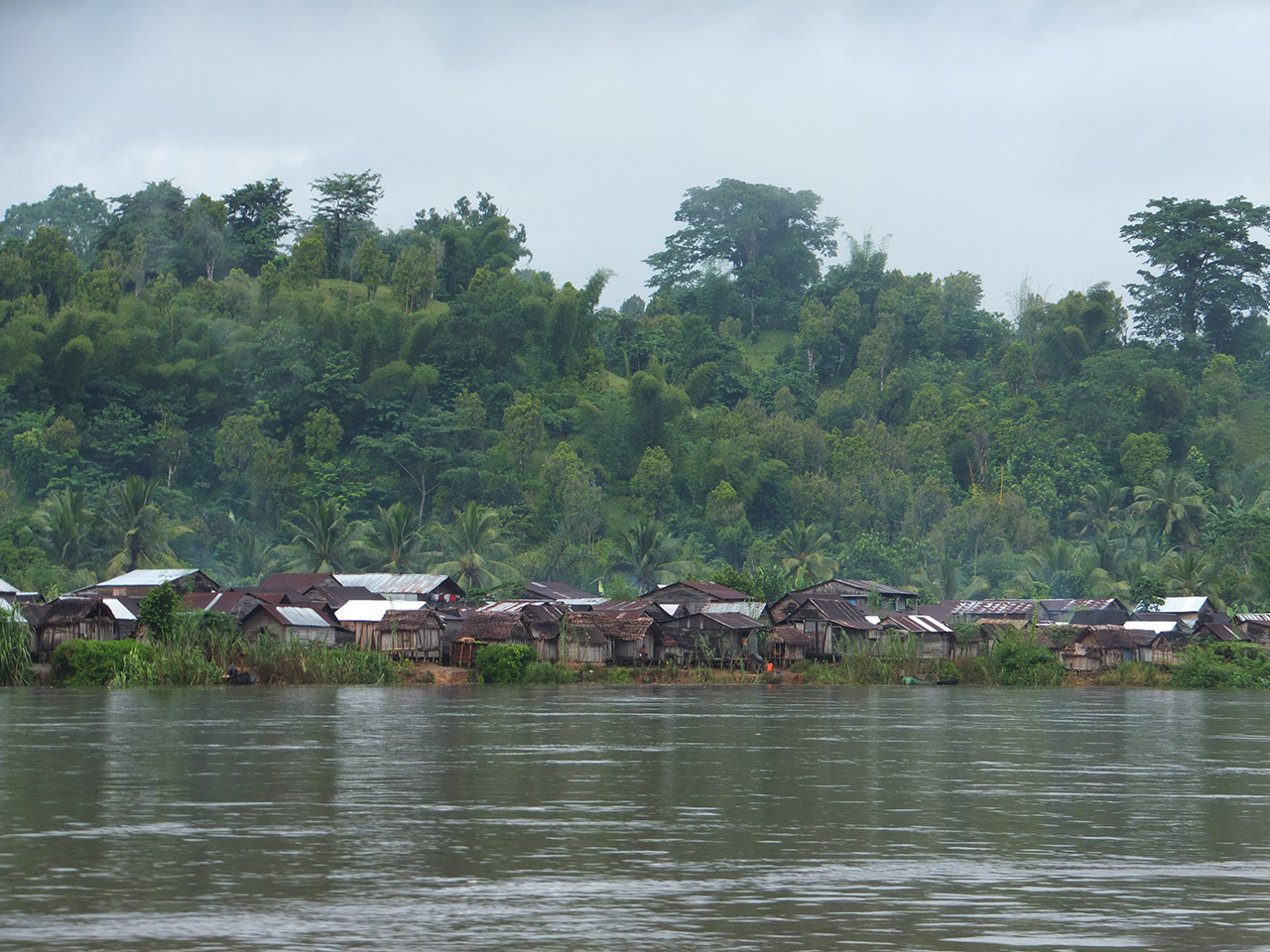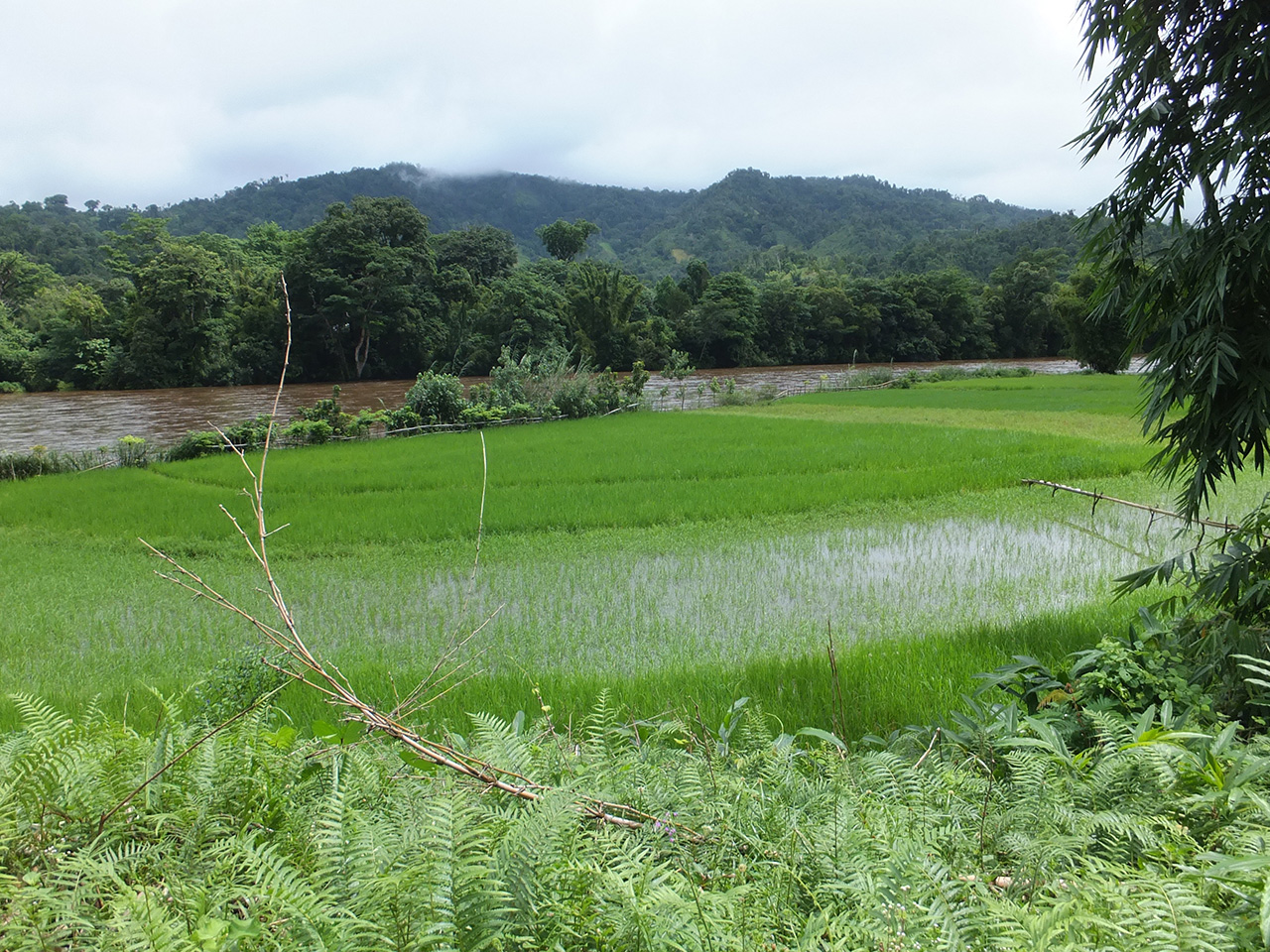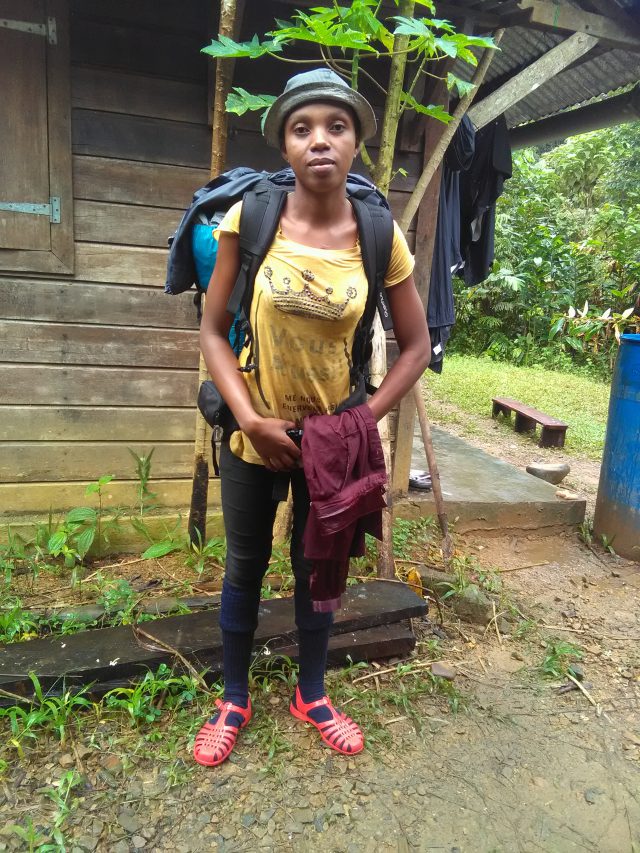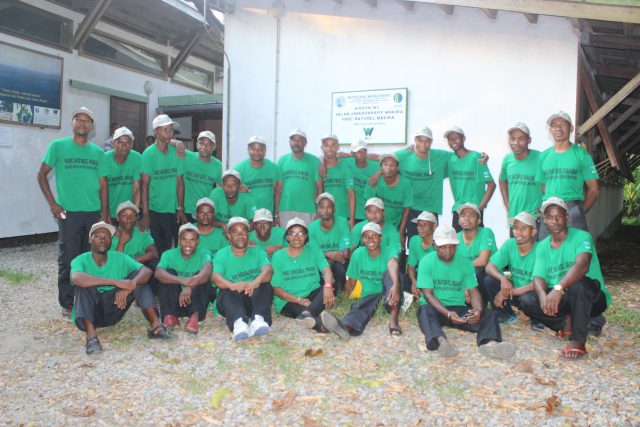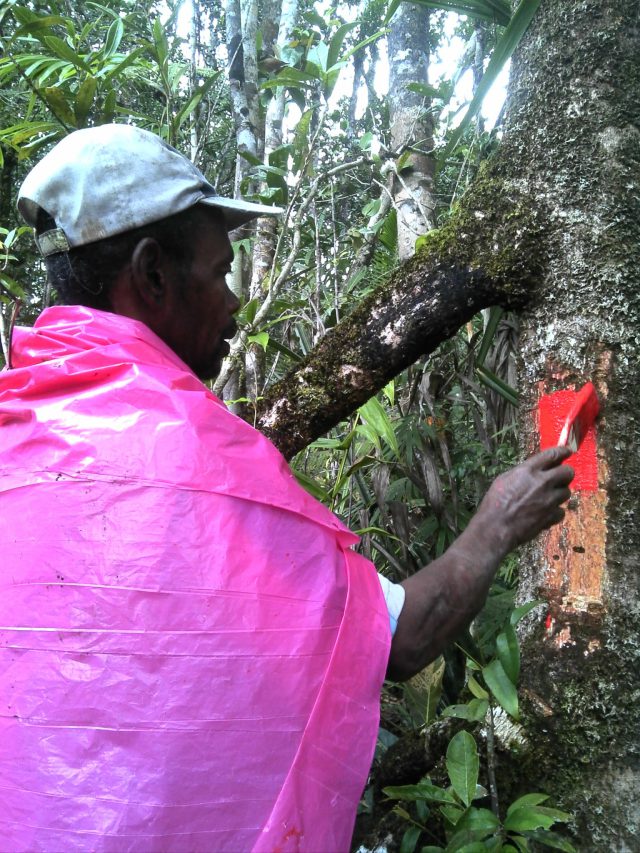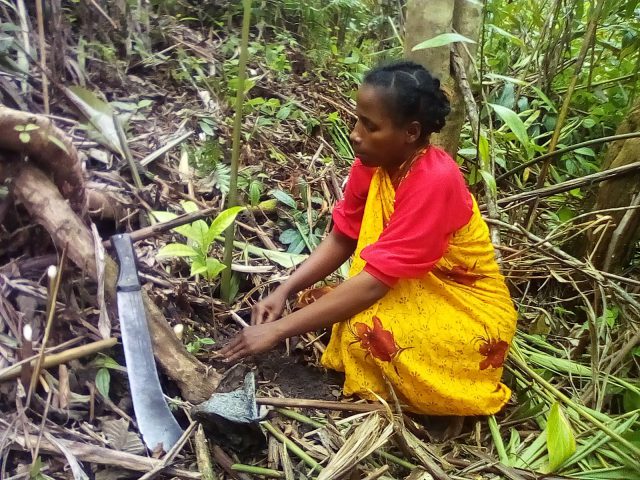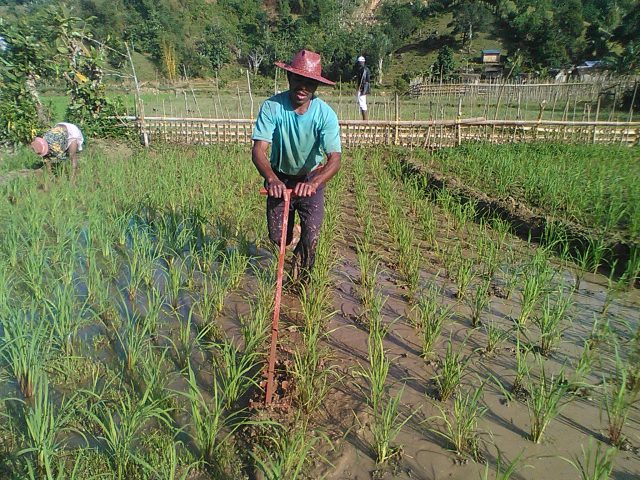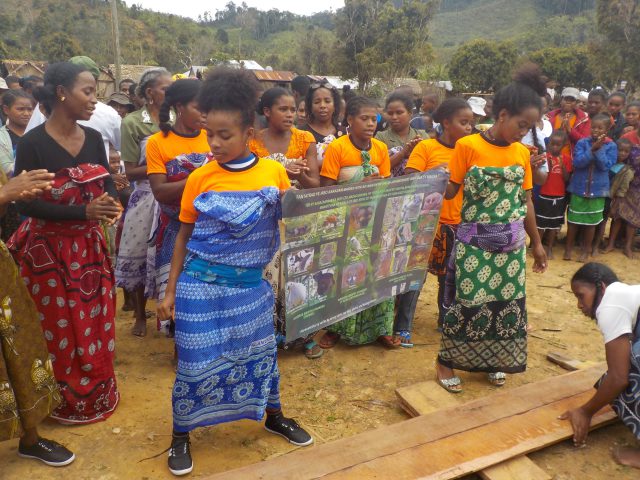Integrated adaptive management to protect ecological integrity in the Socio-Ecological Production Landscape (SEPL) of the south-east watershed of Makira Natural Park [Analanjirofo, Madagascar]
Organization : Wildlife Conservation Society (WCS)
- Project Period
- : July 2016 – December 2018
- Project Site
- : 190,622 ha
- Grant Amount
- : US$87,000
- Co-financing
- : US$91,286
Executive Summary :
The project aims to maintain the ecological integrity of the Makira Natural Park and optimize the use of natural resources to underpin livelihoods in the fragile socio-ecological production landscape (SEPL) of the southeast watershed of the Park that suffers from high levels of anthropogenic threats. Three complementary project components will be implemented to achieve this goal: (i) the reinforcement of the ecological integrity of the south-east watershed of Makira and reduction of the pressures and threats to ecological functions and biodiversity of the SEPL through participatory patrols and ecological monitoring and restoration of the two fragile forest corridors of Vohitaly and Lokaitra; (ii) the diversification and increased resilience of local communities’ livelihoods through improved agro-ecological production techniques for FairTrade cloves and the promotion of an improved rice growing intensification system; and (iii) the promotion of good governance and environmental-friendly practices amongst communities to promote the involvement of all stakeholders, and particularly women and young people in natural resources governance and decision-making. The expected outcomes at the end of the project include a reduction of deforestation rate in the SEPL by 25%, 256 ha of restored and maintained ecological reforestations zones, improved conservation status of diurnal lemurs in the SEPL, completion of the process of certification of FairTrade clove production and engagement of 20% of households in production activities, and a 30% adoption rate of improved rice production techniques.
Main threatened species according to IUCN Red List that may be influenced by the project :
- Indri indri (Critically Endangered)
- Varecia variegata subcincta (Critically Endangered)
- Eulemur albifrons (Endangered)
PROJECT UPDATE
- Grievance Mechanism WCS
- WCS Highlights Report (July to September 2016)
- WCS Highlights Report (October to December 2016)
- WCS Highlights Report (January to March 2017)
- WCS Highlights Report (April to June 2017)
- WCS Highlights Report (July to September 2017)
- WCS Highlights Report (October to December 2017)
- WCS Highlights Report (January to March 2018)
- WCS Highlights Report (April to June 2018)
- WCS Highlights Report (July to September 2018)
- WCS Highlights Report (October to December 2018)
- Inviting communities to use community agent services [in Malagasy]
- Advising pregnant women [in Malagasy]
- Malaria prevention [in Malagasy]
- Promoting family planning [in Malagasy]
- Diarrhea prevention [in Malagasy]
- Promoting children health [in Malagasy]
- Chart for green schools [in Malagasy]
- WCS Project Factsheet
- WCS Final Project Report
PHOTO LIBRARY

